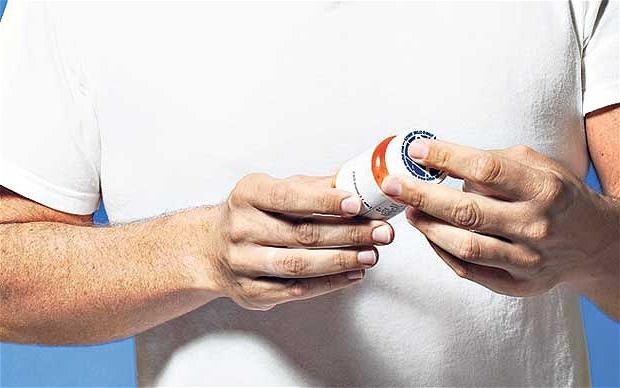How to lower cholesterol in the blood?
Atherosclerosis and its complications, which areischemic heart disease, hypertension, stroke, is the main cause of morbidity and mortality. In the etiology and pathogenesis of atherosclerosis, the most important role belongs to the disturbance of lipid metabolism, which is manifested by an increase in the cholesterol content in the blood. In this regard, the answer to the question of how to lower the level of cholesterol, is very relevant. You can reduce cholesterol by different methods. Each of them has its own advantages.
How to lower cholesterol by diet
Treatment of patients with manifestations of atherosclerosisit is necessary to start with dietary recommendations, the purpose of which is to reduce the amount of cholesterol and other lipids. For this, simple but effective rules must be observed:
- Reduce by 10% the total consumption of fats
- sharply limit the intake of saturated fatty acids from food that are found in animal fats, butter, cream, eggs, fatty meats
- increase the consumption of food rich in polyunsaturated fatty acids, that is, vegetable oils, sea fish, seafood, poultry meat
- to increase the content of fiber and complex carbohydrates in the daily diet, the consumption of vegetables, fruits, cereals
- When cooking, use vegetable oils instead of butter and margarine
- sharply limit the intake of foods that contain a lot of cholesterol
- reduce the content of food salt.
How to reduce cholesterol with medication
Medical treatment of atherosclerosisit is recommended to use only if the diet has been ineffective for several months. To adhere to the diet is also necessary during treatment with pharmaceutical preparations.
In the treatment of atherosclerosis, drugs that lower cholesterol in the blood are prescribed. These medicines are divided into two groups:
1. Drugs that inhibit the formation of cholesterol by inhibiting the activity of reductase, responsible for the synthesis of cholesterol, as well as drugs that extract cholesterol from the circulation.
2. Preparations acting on the content of glycerides in plasma.
The most effective drugs for treatmentatherosclerosis are inhibitors of reductase, which are called statins. In therapeutic practice, several drugs of the statin group are used: lovastatin or mevacor, simvastatin, pravastatin, fluvastatin and atorvastatin. The chemical structure of statins is similar to reductase. Their action consists in oppression of this enzyme on a competitive basis. Statins accumulate in the liver, where they exert a retarding effect on the synthesis of cholesterol. Statins to reduce cholesterol must be taken a long time, often throughout life. But we should not refuse to take them, because these drugs not only reduce cholesterol, but also prevent the development of a heart attack and stroke - severe vascular diseases.
How to reduce cholesterol by non-pharmacological methods
The use of non-pharmacological methods for treating atherosclerosis and lowering cholesterol is given special attention. These are methods of medicine of the future, some of them are applied today.
One of them is extracorporealextraction of atherogenic lipoproteins. This is achieved by using plasmaphoresis or selective sorption of lipid-protein complexes. The use of these methods is shown at low efficiency of diet therapy and drug treatment. The procedures should be periodically repeated and combined with taking medications. With such treatment it is possible to achieve regression of atherosclerotic vascular lesions.
Genetic correction of cholesterol levelis to introduce into the human genome genes that regulate the formation of certain apoproteins responsible for lipid metabolism. The first clinical attempts at genetic correction of atherosclerosis have already been carried out in the United States.
In conclusion, it should be noted that preventiondisease is not as complex as its treatment. Rational nutrition, a healthy lifestyle, physical activity will prevent the development of atherosclerosis and the need to solve the problem of how to reduce cholesterol.













